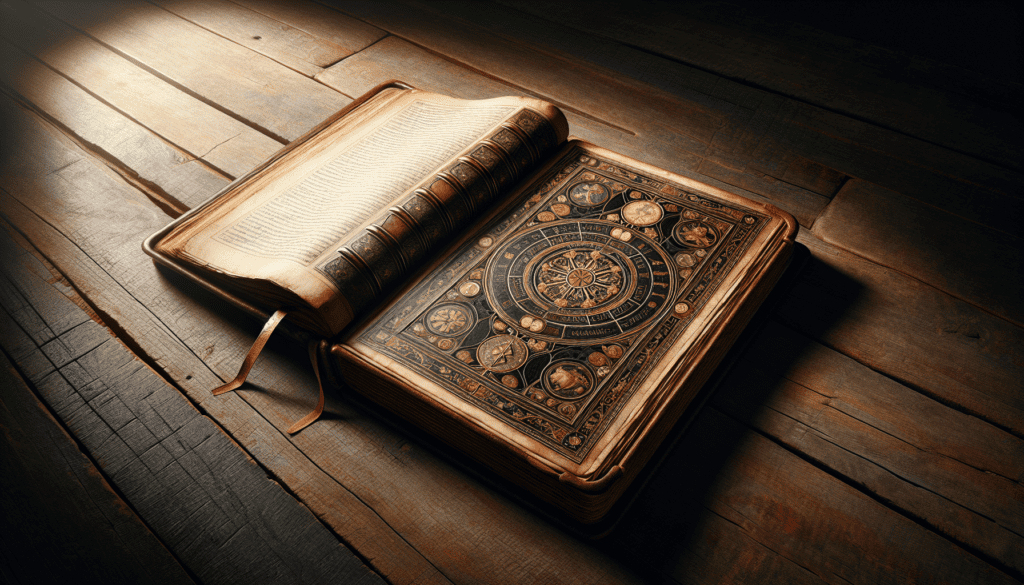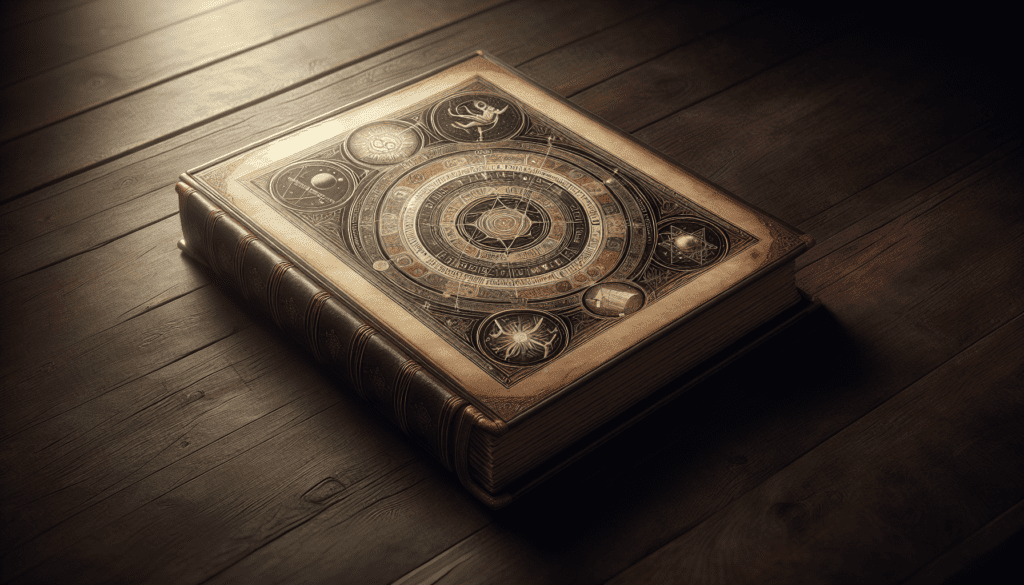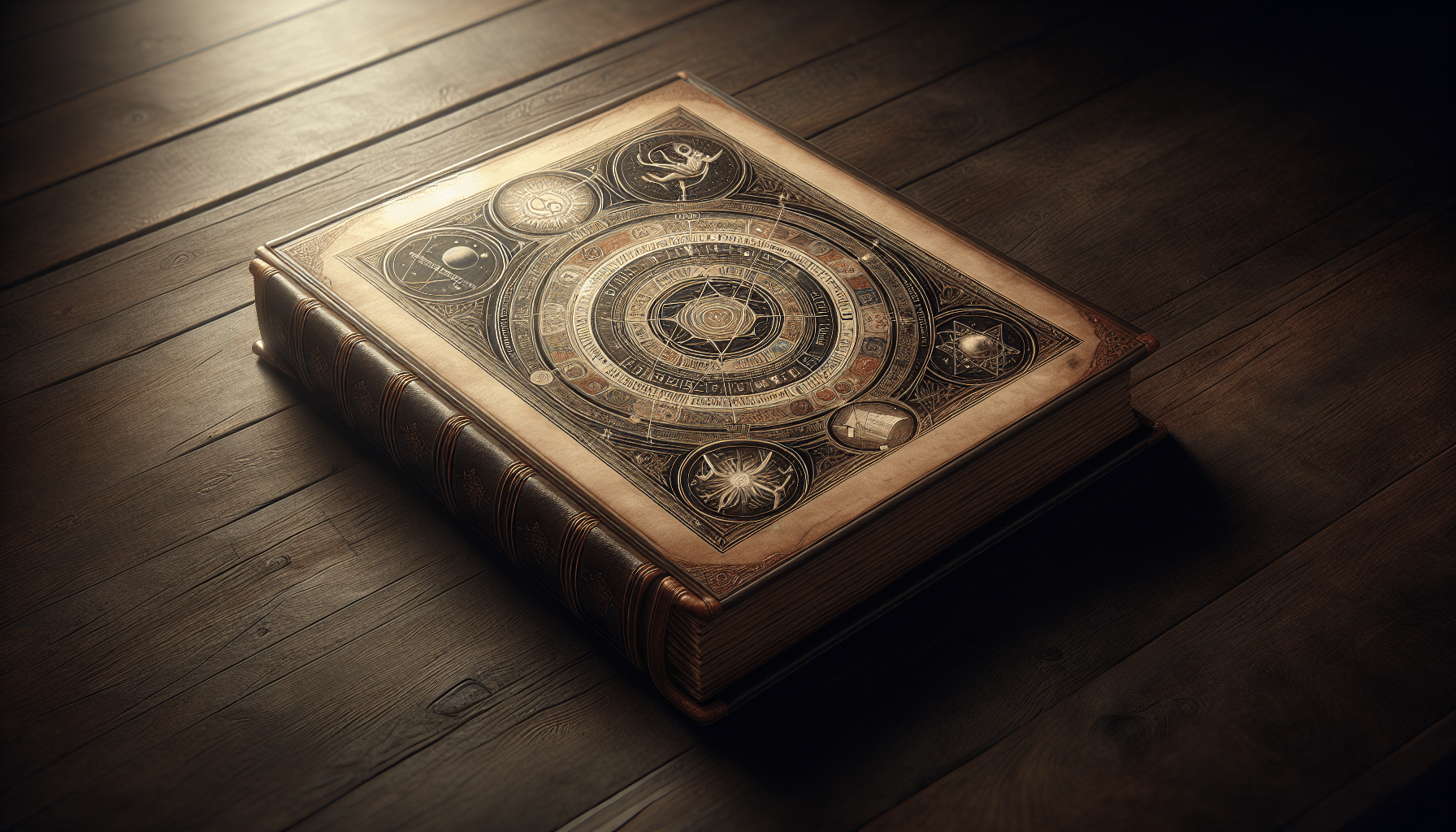Master of Arts in Western Literature (MA in Western Literature) offers an extensive exploration of the rich literary traditions and critical theories stemming from Western cultures. Designed for individuals seeking in-depth knowledge and specialized skills, this program delves into the masterpieces of Western canon, covering various genres, historical periods, and influential authors. You will engage with complex texts, enhancing your analytical and interpretive abilities, and gain a comprehensive understanding of the cultural and philosophical underpinnings that have shaped Western literary thought. This program not only prepares you for academic excellence but also equips you with the intellectual versatility necessary for diverse professional pathways. Have you ever pondered the vast expanse of Western literature and considered delving deeply into its historical, cultural, and philosophical roots? If so, pursuing a Master of Arts in Western Literature might be the perfect pathway for you. Such a program offers a comprehensive study of the literary canon that has shaped Western thought, providing you with critical analytical tools, contextual knowledge, and interpretive skills essential for a wide range of careers.

Overview of the MA in Western Literature
A Master of Arts in Western Literature typically spans two years and immerses students in an intensive study of texts from various Western literary traditions. This degree program often includes a mix of lectures, seminars, and independent research, culminating in a thesis that demonstrates students’ mastery of their specialized field of study.
Objectives of the Program
The primary objectives of an MA in Western Literature are multifaceted. First, you will gain a nuanced understanding of the evolution of Western literature, including its various genres, periods, and movements. Second, you will develop advanced critical thinking and interpretive skills, enabling you to engage deeply with complex texts and themes. Finally, you will be prepared for careers in academia, education, publishing, and various other fields that require strong analytical and communication skills.
Structure and Curriculum
The curriculum for an MA in Western Literature is typically divided into core courses, electives, and a thesis component.
Core Courses
Core courses are designed to provide a solid foundation in Western literary traditions. These courses often cover:
- Classical Literature: Studying foundational texts from Ancient Greece and Rome.
- Medieval and Renaissance Literature: Exploring texts that shaped the Middle Ages and the Renaissance.
- Modern and Contemporary Literature: Analyzing literature from the Enlightenment to the present day.
Sample Core Courses
| Course Title | Description |
|---|---|
| Introduction to Classical Literature | Explores significant works from Ancient Greece and Rome, including texts by Homer, Sophocles, and Virgil. |
| Medieval Literature | Analyzes literary texts from the Middle Ages, focusing on themes like chivalry, religion, and courtly love. |
| Renaissance Literature | Examines the rebirth of classical learning and culture in Europe, with readings from Shakespeare, Marlowe, and others. |
| Modernist Literature | Studies the key authors and texts of the Modernist movement, such as James Joyce, T.S. Eliot, and Virginia Woolf. |
Elective Courses
Elective courses allow you to tailor your studies to your specific interests. These might include courses on:
- Gender Studies in Literature: Examining the role of gender in literary texts.
- Postcolonial Literature: Studying literature from formerly colonized nations.
- Critical Theory: Delving into various theoretical frameworks for analyzing literature.
Thesis Component
The thesis is a substantial research project that allows you to explore a topic of your choosing in depth. This component typically involves:
- Proposal: Writing and getting approval for a detailed research proposal.
- Research: Conducting extensive primary and secondary research.
- Writing: Producing a thesis that presents your findings and analysis.
Admission Requirements
To be admitted into an MA in Western Literature program, you generally need to meet several academic prerequisites.
Academic Background
Most programs require a bachelor’s degree in English, Comparative Literature, or a closely related field.
Minimum GPA
A minimum GPA, often around 3.0 or equivalent, is typically required.
Letters of Recommendation
Programs usually ask for two to three letters of recommendation from academic or professional references who can attest to your capabilities and readiness for graduate-level work.
Statement of Purpose
Your statement of purpose should outline your academic background, research interests, and career aspirations. This is your opportunity to demonstrate your passion for Western literature and how the program aligns with your goals.
Writing Sample
Applicants are often required to submit a writing sample that showcases their analytical and writing skills. This can be a research paper or essay from your undergraduate studies.
Career Opportunities
An MA in Western Literature opens the door to a variety of career paths. While many graduates pursue further academic research, others find opportunities in different sectors.
Academia and Research
With an MA in Western Literature, you may choose to continue your academic journey by pursuing a Ph.D. This path can lead to careers as university professors or researchers.
Education
Many graduates find fulfilling careers as high school or community college teachers. Your advanced knowledge and critical thinking skills can make you an inspiring and effective educator.
Publishing and Editing
Your writing and analytical skills are highly valued in the publishing industry. Positions range from editorial roles to literary agents or even freelance writing and editing.
Other Fields
Graduates also find opportunities in:
- Media and Journalism: Writing for newspapers, magazines, or digital platforms.
- Public Relations and Communications: Crafting compelling narratives and managing communication for organizations.
- Cultural Institutions: Working in museums, libraries, and cultural heritage organizations.
Skills and Competencies Gained
An MA in Western Literature not only enriches your understanding of literature but also equips you with a range of transferable skills.
Critical Thinking
You will learn to analyze texts closely, considering various interpretations and perspectives. This critical thinking is invaluable in any field that requires strong problem-solving abilities.
Research Skills
The program emphasizes rigorous research methodologies, enabling you to gather, evaluate, and synthesize information effectively.
Communication Skills
Writing and presenting your ideas clearly and persuasively are key components of the program. These communication skills are crucial in almost any professional setting.
Cultural Awareness
Through studying a diverse array of texts and contexts, you will gain a greater appreciation for cultural differences and historical developments, enhancing your ability to work in diverse environments.

Financial Considerations
Pursuing an MA in Western Literature is a significant financial investment. However, there are various ways to manage the costs.
Tuition and Fees
Tuition fees can vary widely depending on the institution and your residency status. It’s essential to budget for additional costs like books, supplies, and living expenses.
Financial Aid
Various financial aid options are available, including scholarships, grants, and student loans. Many programs offer teaching or research assistantships that provide stipends and tuition waivers in exchange for work.
Scholarships and Fellowships
Several organizations and institutions offer scholarships and fellowships specifically for literature students. These can significantly reduce the financial burden.
Work-Study Programs
Some programs offer work-study opportunities that allow you to gain relevant experience while earning money to support your studies.
Choosing the Right Program
Selecting the right MA in Western Literature program involves considering several factors.
Faculty Expertise
Look for programs with faculty who are experts in your areas of interest. Their guidance and mentorship will be invaluable in your academic journey.
Alumni Network
A strong alumni network can provide mentorship, job opportunities, and valuable connections in various industries.
Location
Consider the program’s location, as it can affect your cost of living and access to cultural and professional opportunities.
Program Resources
Evaluate the resources available, such as libraries, research facilities, and support services. These can enhance your learning experience and academic success.
Preparing for the Program
Once you have decided to pursue an MA in Western Literature, it’s essential to prepare adequately.
Brush Up on Literary Theory
Understanding various literary theories will be crucial in your studies. Familiarize yourself with key concepts and frameworks.
Improve Your Writing Skills
Strong writing skills are essential in a literature program. Consider taking a writing course or attending workshops to hone your abilities.
Read Extensively
Begin reading widely across different periods and genres of Western literature. This will give you a solid foundation and prepare you for the diverse range of texts you will encounter.
Develop Research Skills
Familiarize yourself with academic databases, citation styles, and research methodologies. These skills will be critical for your coursework and thesis.
Conclusion
A Master of Arts in Western Literature is a profound journey into the heart of Western literary traditions. The program not only deepens your understanding of influential texts but also sharpens critical, analytical, and communication skills that are valuable in a wide array of careers. By carefully selecting a program, preparing thoroughly, and taking advantage of available resources, you can make the most of this enriching academic experience. Pursuing an MA in Western Literature is more than just an academic endeavor; it is a pathway to personal and professional growth, offering a lens through which to view and understand the complexities of the human experience in Western cultures. Are you ready to embark on this intellectual adventure?

